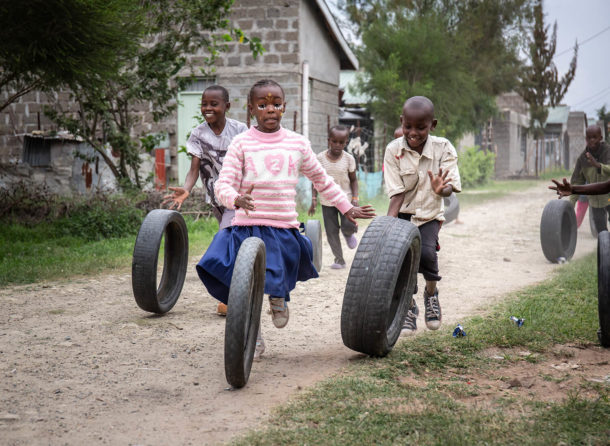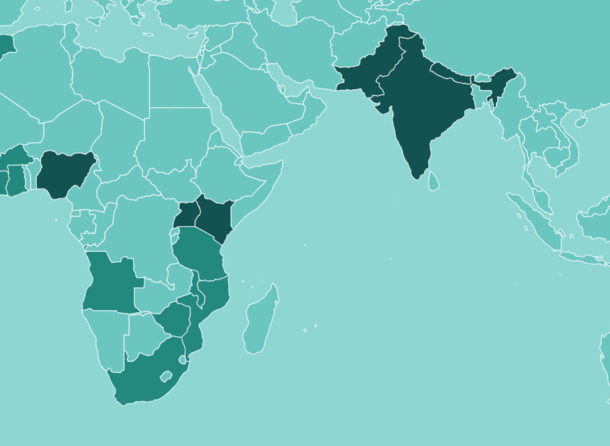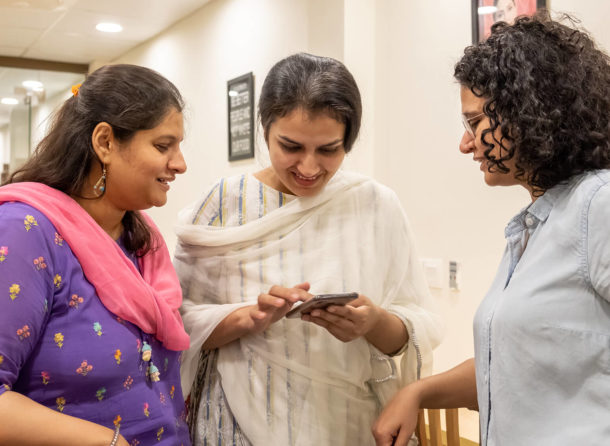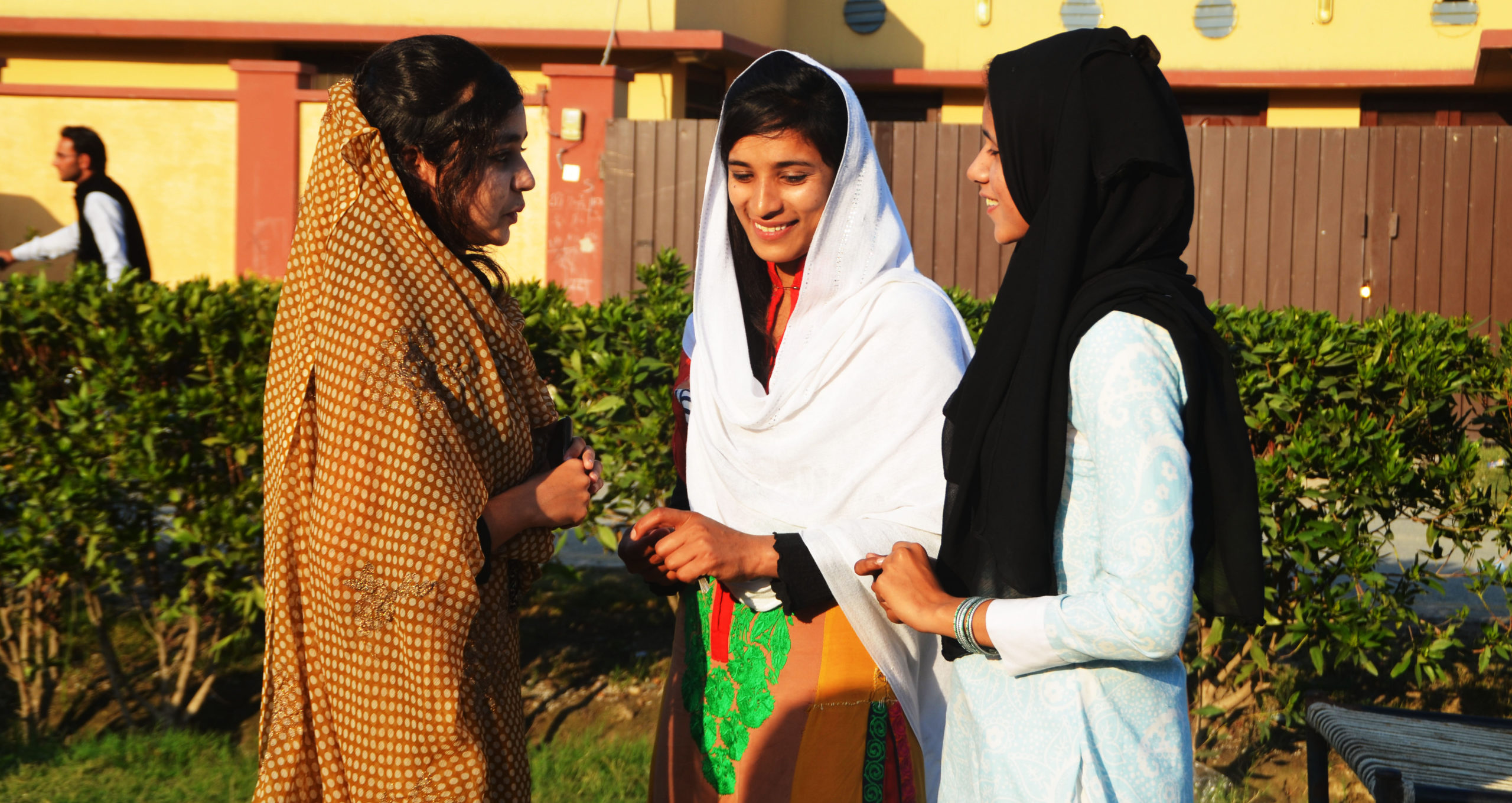
How the global housing opportunity is gendered
March 2020
It is widely understood that housing inequalities disproportionately affect women and girls. This is because for many women in developing countries their gender is a barrier to accessing decent, affordable and fully serviced housing. The affordable housing space is a $17 trillion-dollar untapped market. Women and girls must be included if we are to fully unlock this social and economic opportunity.
We spoke with Natalie Rothwell, PhD researcher from the University of Warwick, to find out about her research into the gendered aspects of affordable housing, and how Reall’s homes are laying the groundwork for tackling this inequality.
Research shows that women with strong property rights and inheritance in Africa can earn up to 3.8 times more income.
Give us an overview of your career and research to date
My PhD research focuses on data and gender in the low-income housing sector, specifically the use of gender data to understand shelter inequalities and track progress towards global goals such as the UN’s Sustainable Development Goals. I have always been interested in gender equality and have worked in many women’s organisations as well as in the gender team at the United Nations Development Programme. I have over 15 years experience in international development and worked at Reall myself from 2011 to 2014. These experiences have influenced my academic career. I really recognise how fundamental housing is to people’s lives, but that there are also gendered implications to owning a house and inheriting property. I am specifically interested in this neglected area of research.
Children in South Asia whose mothers own land are up to 33% less likely to be severely underweight.
Tell us about your research into gender and housing
I am interested to know what the gendered aspects of housing are, and how men and women experience housing differently. I am looking at how data can show this, especially for marginalised groups like female-headed households. It’s not just about the house, it’s where the house is located, and how close people are to infrastructure and roads which provide access to jobs. These elements can be different for women because they also often have responsibilities in the home which they must balance. If housing practitioners and urban planners don’t think of these differences, women are the ones who suffer. Reall is one of the organisations working to address this.
Women who own land are up to eight times less likely to experience domestic violence.
Why is affordable housing a gendered issue?
Housing and urban design are traditionally male-dominated fields, which means that women’s needs are not being addressed at the design phase. Women can often be denied access to affordable housing because they earn less. Policies can mean that they can’t inherit housing or will lose their house in a divorce. In contrast, affordable homes present an opportunity for women because they give access to an asset. Particularly for women, this is known to lead to empowerment, giving status and influence in the household and as part of their communities more widely.
In Ghana, halving the water fetching times for girls increases their school attendance by an average of 7%.
What most excites you about Reall’s work in relation to gender and housing going forward?
There are many great organisations in the low-income housing sector and each organisation contributes to gender equality, but Reall is unique in its emphasis on owning homes. Asset ownership is strongly linked to women’s empowerment, and in that sense Reall’s work holds a lot of promise, because they are actually providing housing, and thinking about the gendered aspects of this, mainstreaming gender in their work and consciously adding it into their model. Reall is the sort of organisation that can get participation from the wider sector: policymakers, developers, governments and more. In the future, I would like to re-focus my research to look at how other organisations can work together to unlock affordable homes and see how Reall’s work is feeding into this truly transforming the affordable housing market.
This blog piece contains extracts from an interview with Natalie Rothwell.
Read more stories
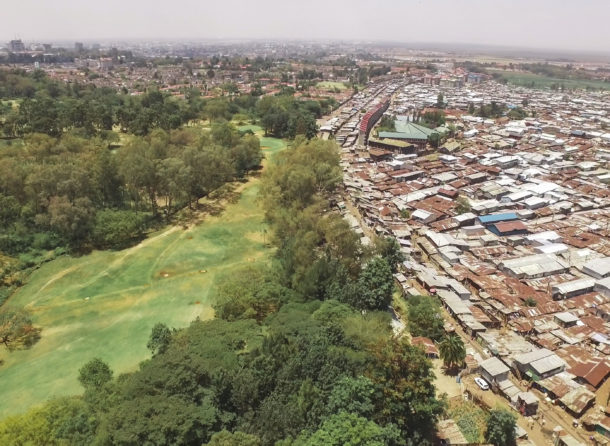
How Affordable Homes could help solve the global climate crisis
The United Nations climate summit, COP25, starts today in the Spanish city of Madrid where climate leaders will push to scale up action and investments into rapidly reducing global greenhouse gas emissions and support broader sustainable development agendas, specifically addressing …
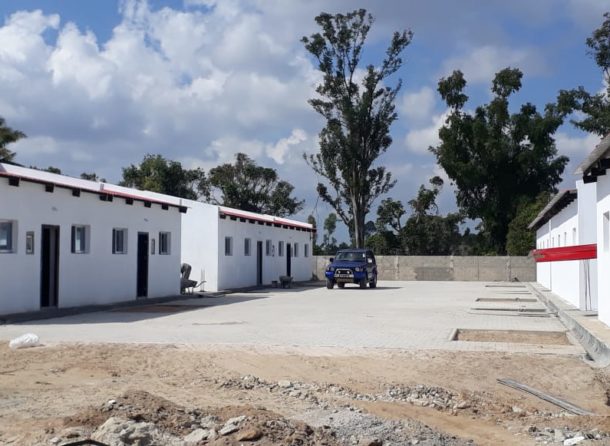
Celebrating affordable housing in Beira
The ribbon-cutting ceremony was attended by Reall’s Director of Investment and Operations Patrick Domingos-Tembwa, Mayor of Beira Daviz Simango and Casa Real Director Marie Odile. The celebration was particularly poignant as these homes managed to withstand the destruction of Cyclone…
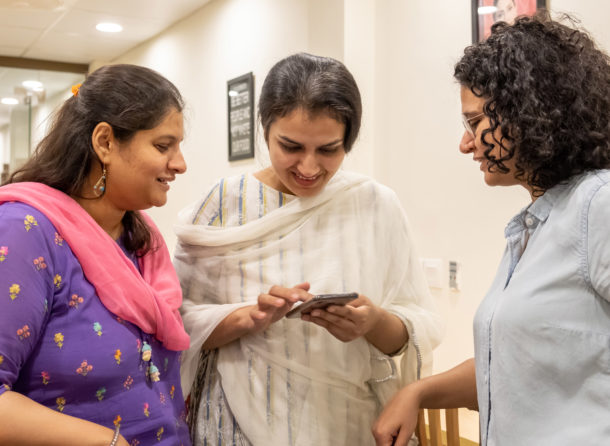
New Partnership: Syntellect
Reall are delighted to be partnering with India-based technology firm, Syntellect. Syntellect are committed to giving unbanked people the opportunity to access mortgage finance across Africa and Asia. Syntellenct has created RightProfile, a customer profiling platform designed to help lenders …
